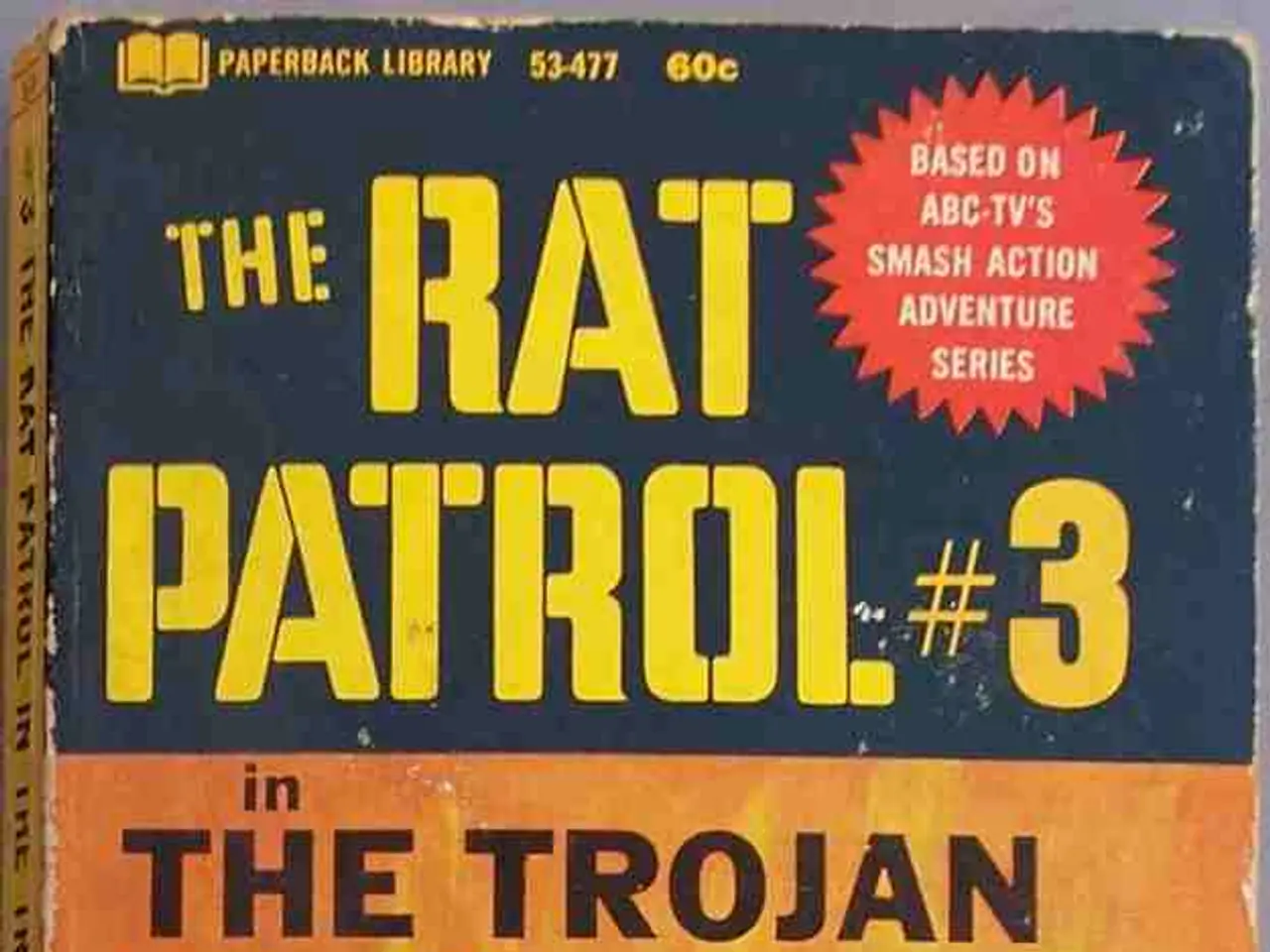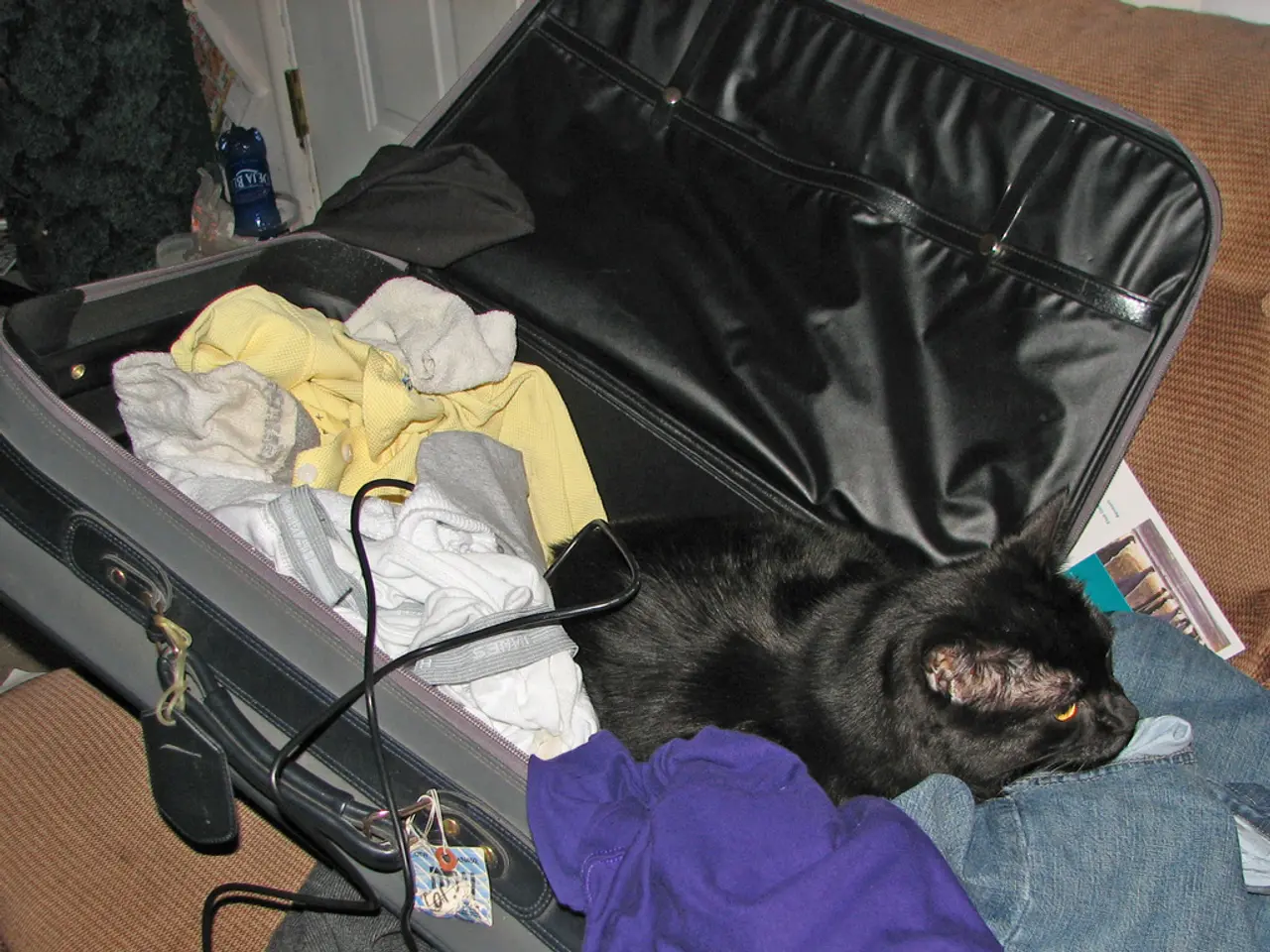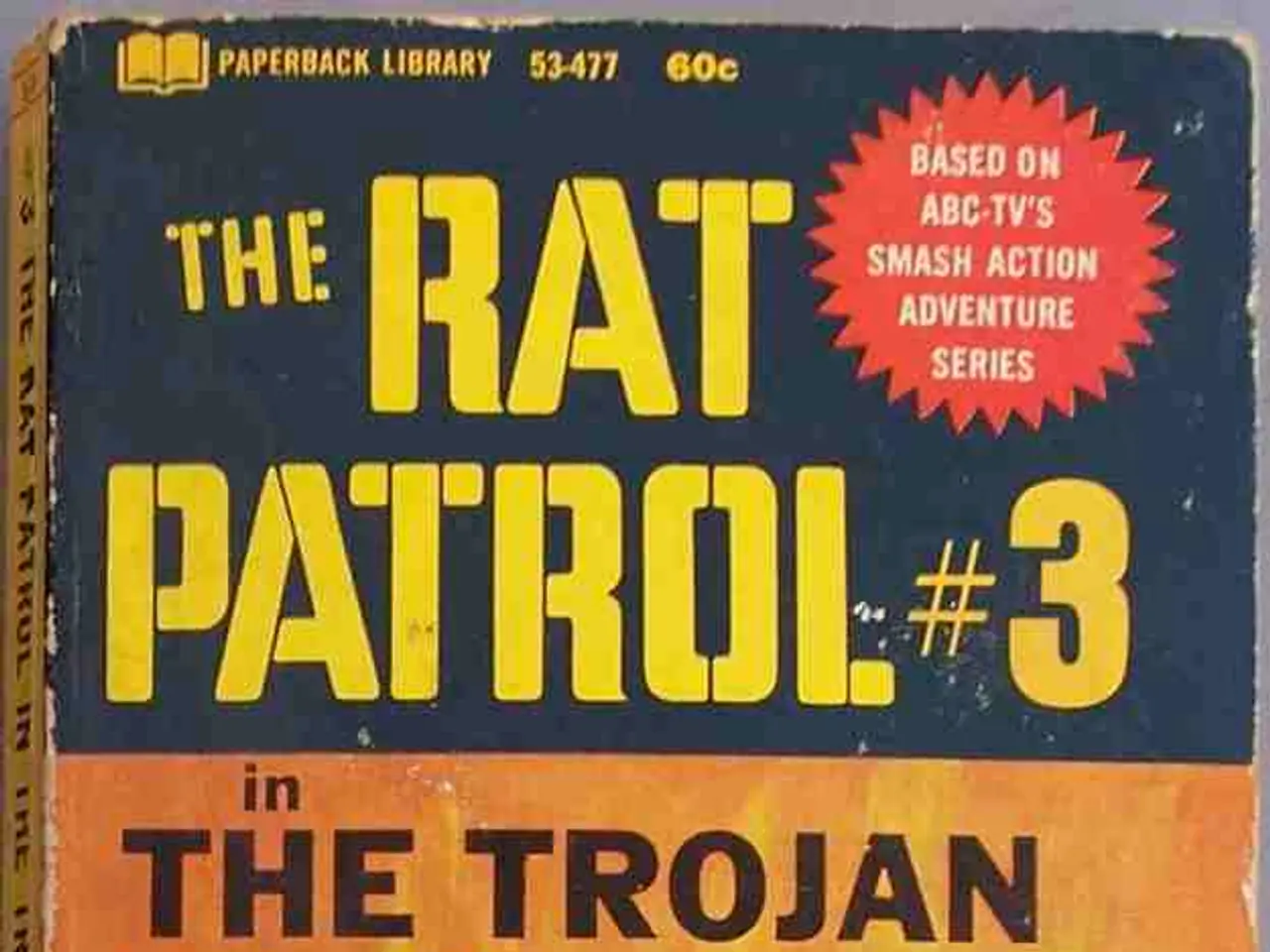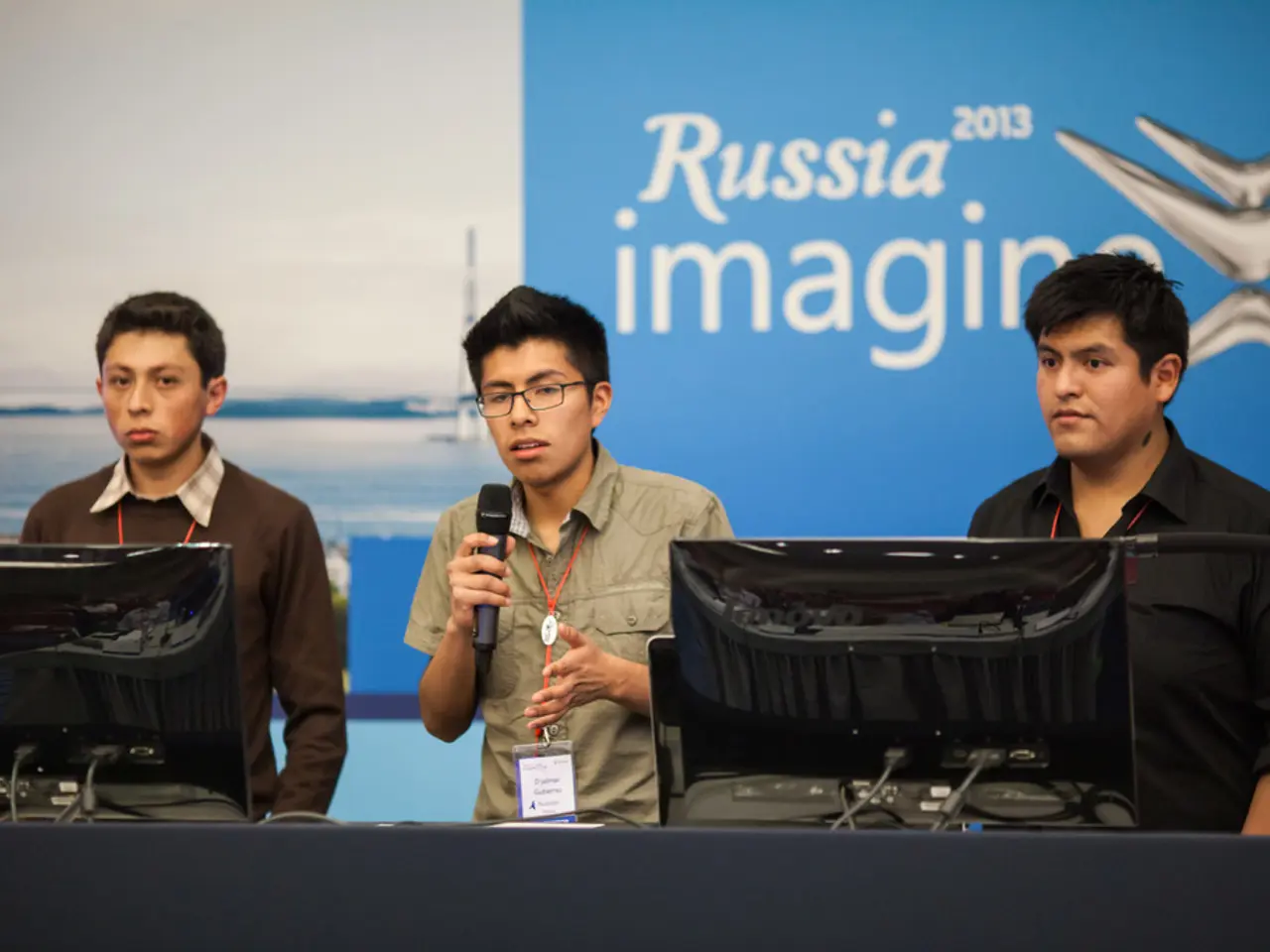Iraqi Militants Issue Alarming Threats Against US Citizens amid Israel-Iran Conflict
Iraqian militia leader issues warnings of potential assault against American civilians.
Words of warning from Iraqi militants threatening U.S. citizens and interests are stirring concern in the Islamic region as tensions between Israel and Iran skyrocket.
Akram al-Kaabi, head of the Iran-backed militia Harakat al-Nujaba, declared on the X platform, "If you dare to harm the Guardian of the Nation, Imam Khamenei, even a single hair, you, your allies, and your dirty puppets will become our hunting and fire targets throughout the entire Islamic region." Al-Kaabi's message went on to affirm that no American soldier, diplomat, or citizen would escape the militants' wrath if provoked.
Kataib Hezbollah, another militia from the so-called "Iraqi Islamic Resistance," warned the U.S. against joining any conflict between Israel and Iran, threatening to inflict massive destruction upon them. "If the U.S. aligns with Israel, it will suffer catastrophes and unprecedented destruction," they warned.
These militias, designated as terrorist organizations by the U.S., operate under the Iraqi government's paramilitary force called the Popular Mobilization Forces (PMF), though they maintain significant ties to Iran and independent operations. A joint plan has been set in motion by these militias, signaling a coordinated and determined intent to strike American targets if needed [1][3].
In a stark display of their capabilities and determination, these militants have recently carried out drone attacks against U.S. military bases, including Ain al-Assad Air Base, highlighting their ability to launch attacks. Missile strikes on Syrian locations hosting U.S. forces have also been reported, increasing the risk of direct confrontation [4].
The Iraqi government attempts to avoid escalation, but the militias' autonomous nature and allegiance to Iran make controlling their actions difficult. Iraq's populace's anti-American sentiments further fuel the potential for violence and unrest [5].
The U.S. government has taken steps to counter the militias' threat, such as designating groups like Kataib Hezbollah as terrorist organizations and placing sanctions on their leaders [1]. However, experts warn that the current situation essentially translates to a militia ultimatum: if the U.S. supports Israel against Iran, the militias will respond forcefully against U.S. interests [4].
Stay tuned as the Israel-Iran conflict unfolds, with potential ramifications for global stability and security.
[1] Enrichment Data:These threats are not isolated incidents; Iraqi militias like Kataib Hezbollah, Harakat Hezbollah al Nujaba, Kataib Sayyid al Shuhada, and Ansar Allah al Awfia have all made explicit threats to target U.S. forces and interests across the Middle East. Recent drone attacks on U.S. military bases, such as Ain al-Assad Air Base, and missile launches towards Syria serve as proof of their capabilities and willingness to act [3].
[2] Enrichment Data:Understanding the implications of Iran's proxy militias in Iraq is crucial, as they pose a significant and growing threat to the U.S. and its interests in the region. The potential for direct conflict escalation is real and must be addressed by policymakers in the international community [4].
[3] Enrichment Data:The involvement of Iraqi militias in the Israel-Iran conflict could lead to a broader regional conflict and destabilize Iraq further, exacerbating already fragile security and political conditions [5].
[4] Enrichment Data:Iraq could become a battleground for larger geopolitical interests if the U.S. continues to disregard militia threats, potentially leading to a wider and more complex conflict in the Middle East [5].
[5] Enrichment Data:The Iraqi government's attempts to prevent escalation are complicated by the militias' ideological and strategic loyalties to Iran, as well as the strong anti-American sentiments among the Iraqi populace [5].
- The Commission, amidst the ongoing Israel-Iran conflict and the escalating threats from Iraqi militias, has been asked to submit a proposal for a directive on the protection of workers from the risks related to exposure to ionizing radiation, especially in regions prone to war and conflicts, as nuclear facilities could become potential targets.
- As the United States government navigates the complex and volatile political landscape of the Middle East, with the looming threats from Iraqi militias in the Israel-Iran conflict, decisions made in the realm of politics could greatly impact the safety and well-being of workers potentially exposed to ionizing radiation.






